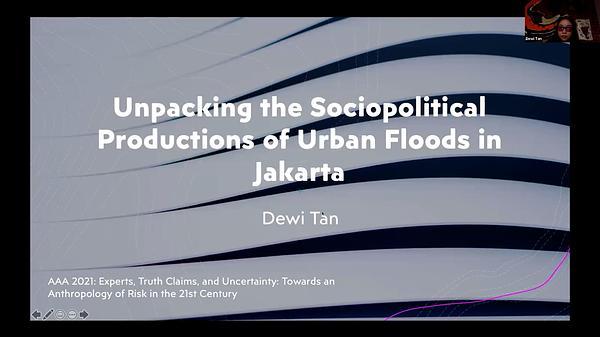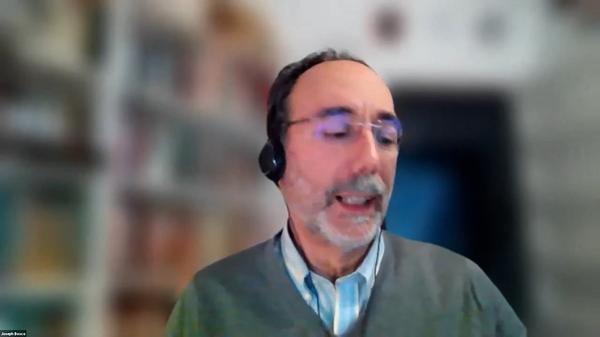Would you like to see your presentation here, made available to a global audience of researchers?
Add your own presentation or have us affordably record your next conference.
keywords:
expertise
truth
risk
Sociologists like Beck and Giddens have argued that we live in a “risk society,” meaning that despite significant advances in mastering uncertainties and controlling the natural environment, modern society has become especially preoccupied with questions of risk management. This notion of “risk” has little to do with earlier concepts of fate or fortuna, representing a new way of viewing the world and its uncertainties and contingencies, one that assumes that unanticipated outcomes might be the consequence of human action rather than simply expressing the hidden meanings of nature, deities, and magical forces. This concern with controlling risk was significantly intensified after the turn of the millennium, and the term “panic” is often used nowadays to describe the growing perception that we are living in a period of increasing uncertainties and disruptive changes. Mary Douglas contributed a cultural approach to risk that emphasized how risk is culturally defined, and other anthropologists have also contributed to research on risk by noting how specific cultural, socioeconomic, political and religious factors affect risk perception, but anthropology’s contribution to the study of risk has been limited when compared to that of other fields such as sociology and social psychology. And yet, anthropology is in a good position to develop theoretical approaches that move beyond the macro level theories of sociologists like Beck and Giddens and the individual-centric theories of social psychology, which are too centered on individuals and completely neglect the role of social institutions of expertise in shaping people’s perceptions of risk. In conjunction with this year’s conference theme of “Truth & Responsibility,” this panel seeks to develop new anthropological approaches to the role of expert truth-claims regarding risk in shaping people’s responses to uncertainties and contingencies. Contemporary perceptions of risk often imply that risk is measurable, but this view is not useful in many areas where science is in dispute or evolving, areas that include chemical toxicity, global warming, and responses to epidemics. It is also not useful in black swan events and singular catastrophes such as nuclear accidents and pandemics. Given the unknowability of the future, is knowledge of the probabilities of harm (i.e. risk) really relevant and a useful guide for people in living their everyday life? In other words, while economists and actuarial scientists distinguish between risk (known probability) and uncertainty (odds unknown), and while this distinction is essential for the insurance industry, is this distinction always relevant and ontologically significant? When people have to make decisions in the face of uncertainty, what sources of authoritative knowledge do they rely upon? What is the role of technoscience and other non-secular forms of authoritative knowledge in shaping everyday processes of risk management? Why are only some people sensitive to the language of risk management? Finally, given that numerous groups of people live in the shadow of known hazards, how do people live their lives oblivious to, or willfully ignoring, risks and uncertainty?

